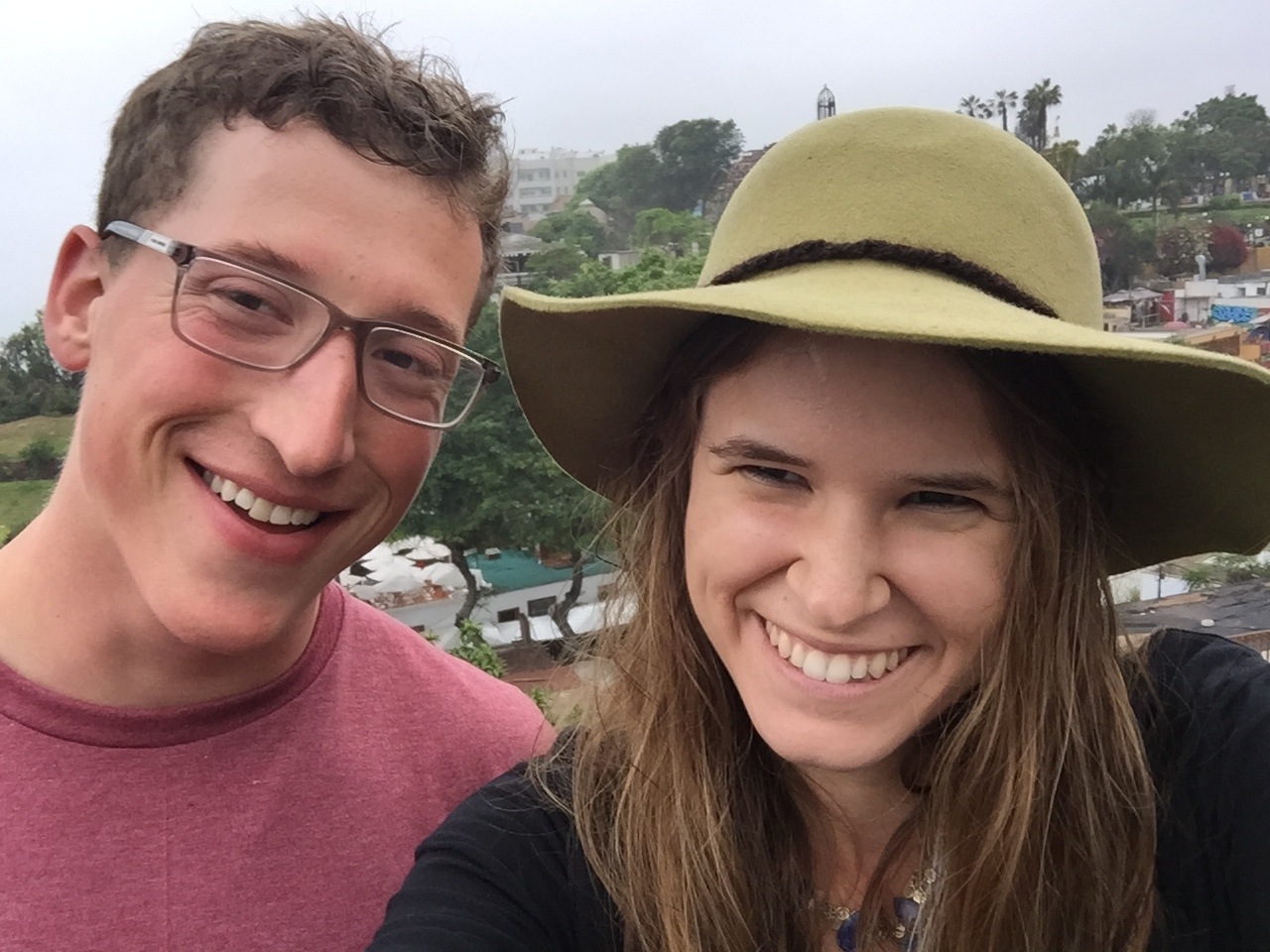When you walk through the hidden door of Las Vecinas in Lima, Peru, the first thing you notice is the smell of freshly ground coffee. Next, you notice the walls strewn in photographs and the trendy, recycled furniture and adornments. Lastly, you might take note that the entire menu is vegetarian and local – a bit of a rarity for Peru and Latin America at large.
Zonia Zena is a photographer and world traveler turned café owner. She has always had a huge love for cafes, which stem from studying abroad during University, and thought opening a café in virgin territory (AKA Barranco, Lima, Peru) might provide the cash flow to support her second love: Photography.
“It is beautiful and perfect,” says Zonia of the café. “It has been a lot of work and it was a risk. But, I think when you really believe in something and you enjoy doing it, people react to that. The moment I no longer enjoy owning the café, I’m going to close it down.”
Zonia opened the café three years ago with the help of a family investment. “We were the third café in the area. Now there are many more.” And yet, the vegetarian and recycle theme to Las Vecinas separates it from competitors. “I wanted to create an experience in all the senses, enjoying good organic food in a cozy atmosphere.“
When we asked her what her favorite thing on the menu was, Zonia recommended the La Provenzal Sandwich coupled with the freshly squeezed Mango Lemonade. “It’s a grilled Panini with feta goat cheese, olives and herbs, one of the first sandwiches that were created at the cafe”
Today, Las Vecinas has more than 20,000 followers on Facebook. “About 40% of our customer base are either tourists or expats, the rest are Peruvians.” Most of her customers have come from social media and especially Trip Advisor. “I’m really lucky to have such amazing customers. They truly enjoy the café and the vision I created. That is special and I am proud of that."



















